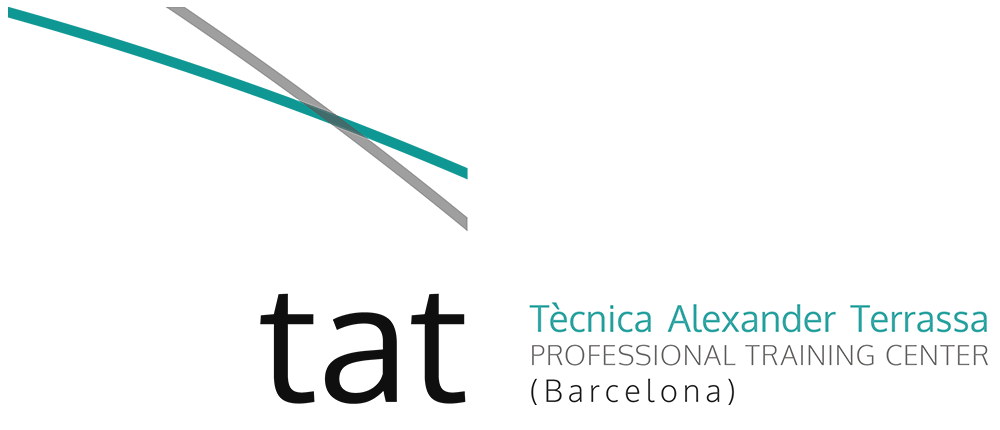Health and well-being:
a right,
a responsibility,
a skill.
poise [poiz] noun, verb, poised, pois·ing.
noun
- a state of balance or equilibrium, as from equality or equal distribution of weight.
- assurance, gracefulness, or elegance in movement or carriage: carry oneself with poise.
- a dignified, self-confident manner or bearing; composure; self-possession: to show poise in company.
- steadiness; stability: intellectual poise.
- suspended or wavering, as between rest and motion or two phases of motion: the poise of the tides.
verb
- to adjust, hold, or carry in equilibrium; balance evenly.
- to hold supported or raised, as in position for casting, using, etc.: to poise a spear.
- to hold or carry in a particular manner: she walked, carefully poising a water jug on her head.
- to rest in equilibrium; be balanced.
- to hover, as a bird in mid-air.
“The Alexander Technique guides one towards the state of freedom and balance of body and mind that is the basis of effective performance in all activities.”
Poise is also – perhaps surprisingly – a quality we can cultivate, a skill that can be learned and developed.
Poise is that happy state of affairs when things work, just because. To be slightly more technical, it’s when we make just the right effort, at just the right moment, in just the right way. Poise is an optimal condition wherein we are able to fully realize and enjoy our capacities, capabilities, and ourselves.
By its very nature, poise is also delicate and elusive. It emerges when the various elements of the self are unified and working in harmony. As we well know, however, maintaining these different dimensions of ourselves – physical, intellectual, emotional – in sync is no simple task. All too easily our internal ecosystem is unconsciously and unintentionally disturbed, and with it the possibilities for poise as well.
Reduced poise limits, restrains, even impoverishes our lives. We are obliged to greater exertion, stress and strain in our daily activities… or we find ourselves at the opposite pole: fatigued or lethargic, unable to generate the energy we need, inclined to give up. Our degree of poise determines to a great extent our health, well-being and, quite literally, quality of life.
The Alexander Technique – systematically, practically, and concretely – allows us to reclaim what F.M. Alexander referred to as “man’s supreme inheritance”: conscious poise.
Taught in a one-to-one setting, the Alexander teacher, using gentle manual guidance and verbal instruction, enables us to more clearly and consciously experience our own innate psycho-physical integrity. We progressively learn to recognize and encourage this integrity, and the role played by mental attitude and intention in determining our physical condition. We develop a more healthy and efficient neuromuscular organization of ourselves which gradually replaces our habitual pattern. This beneficial organization allows us to:
- Reduce habitual or unconscious muscular imbalances (excessive tensions and flaccidity) which interfere directly with healthy posture and respiration, and indirectly with healthy circulation and digestion;
- Sustain a manner of being and acting – a dynamic posture – which optimizes the body’s innate capacity for upright balance, coordination, and movement.
In short, we learn to respect the natural functioning of the body and to use it consciously.
